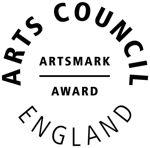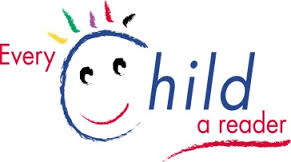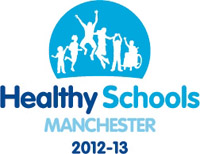Reading

How we Teach Reading
At Crosslee Community Primary School, our fundamental aim is to ensure all children are enthused about reading and every child reaches their full potential. We strive to teach children to read accurately and fluently with good comprehension, as well as develop the habit of reading widely and often, for both pleasure and information. These essential skills not only unlock doors to the rest of the curriculum, but also have a huge impact on children’s self-esteem and future life experiences.
Children begin their reading journey at Crosslee with our Read, Write Inc (RWI) programme which delivers a rigorous reading programme with a consistent approach. Children progress through 3 sets of sounds, allowing them to learn the essential ‘building blocks’ of words to help them read and spell with greater fluency. In Key Stage one, we build upon the schemas children have developed by using Schofield and Sims Complete Comprehension. This Comprehension programme is a whole-school approach designed to support children from their first steps in comprehension through to secure ownership and confident application of comprehension skills. Written by a team of expert authors, the series breaks down the complex process of reading comprehension into separate skills that closely match the curriculum requirements for Key Stage 1 and Key Stage 2.

Each teaching unit targets one comprehension skill at a time and is introduced through a modelling session and then practised using test-style questions. Rehearsal and repetition of these skills creates a secure, deeper learning and mastery of comprehension at an early age. In key stage One, The five skills children work on are:
- inference,
- prediction,
- retrieval,
- sequencing
- word meaning.
In KS2 more reading skills are added and build on prior learning. The skills key stage two children focus on are:
- word meaning,
- prediction,
- retrieval,
- relationship
- summarising,
- word choice,
- inference
- compassion.
Each Reading lesson follows the same repetitive sequence to manage children’s intrinsic load: Get ready (prepare the children to engage with the text), first steps (read the text together and check understanding), explore (discuss and appreciate the text’s themes and features) and skill focus(model a comprehension skill).
Across Years Four to Six, we use ‘Reading Plus’ which is an online reading development programme. It works by building upon the foundational skills of phonics and phonemic awareness to develop a child's silent reading fluency, vocabulary and deeper understanding. By strengthening their comprehension, Reading Plus can help to reintroduce and re engage reluctant readers in the joy of reading for pleasure – for life.

At Crosslee, we value research which shows that reading for pleasure can be directly linked to children’s success throughout their time at school and even into adulthood. Reading for pleasure opens up new worlds for children. It gives them the opportunity to use their imagination to explore new ideas, visit new places and meet new characters. Interestingly, reading for pleasure also improves children’s well-being and empathy. It helps them to understand their own identity, and gives them an insight into the world and the views of others. We expose children to a diverse range of characters and stories from around the world to build upon their cultural capital and experience the wider world. We have a warm and welcoming school library which all children have access to on a weekly basis to choose books to read for their pleasure.
At Crosslee we believe that all children have a right to a good quality education (Art. 28 UNICEF Charter) and should have an opportunity to access the curriculum of their year group so they can become well-rounded citizens. We adapt our curriculum and pedagogy to meet the needs of all of our children, inclusive of children with Special Educational Needs and Disabilities. We have developed a toolkit of strategies to support children with difficulties in Cognition and Learning; Social, Emotional and Mental Health; Communication and Language and Physical impairments in order for them to access and progress in Phonics and reading lessons alongside their peers. Children who are not making the expected progress in Phonics are given Fast Track Tutoring - a daily 1:1 intervention to accelerate progress.





.png)
